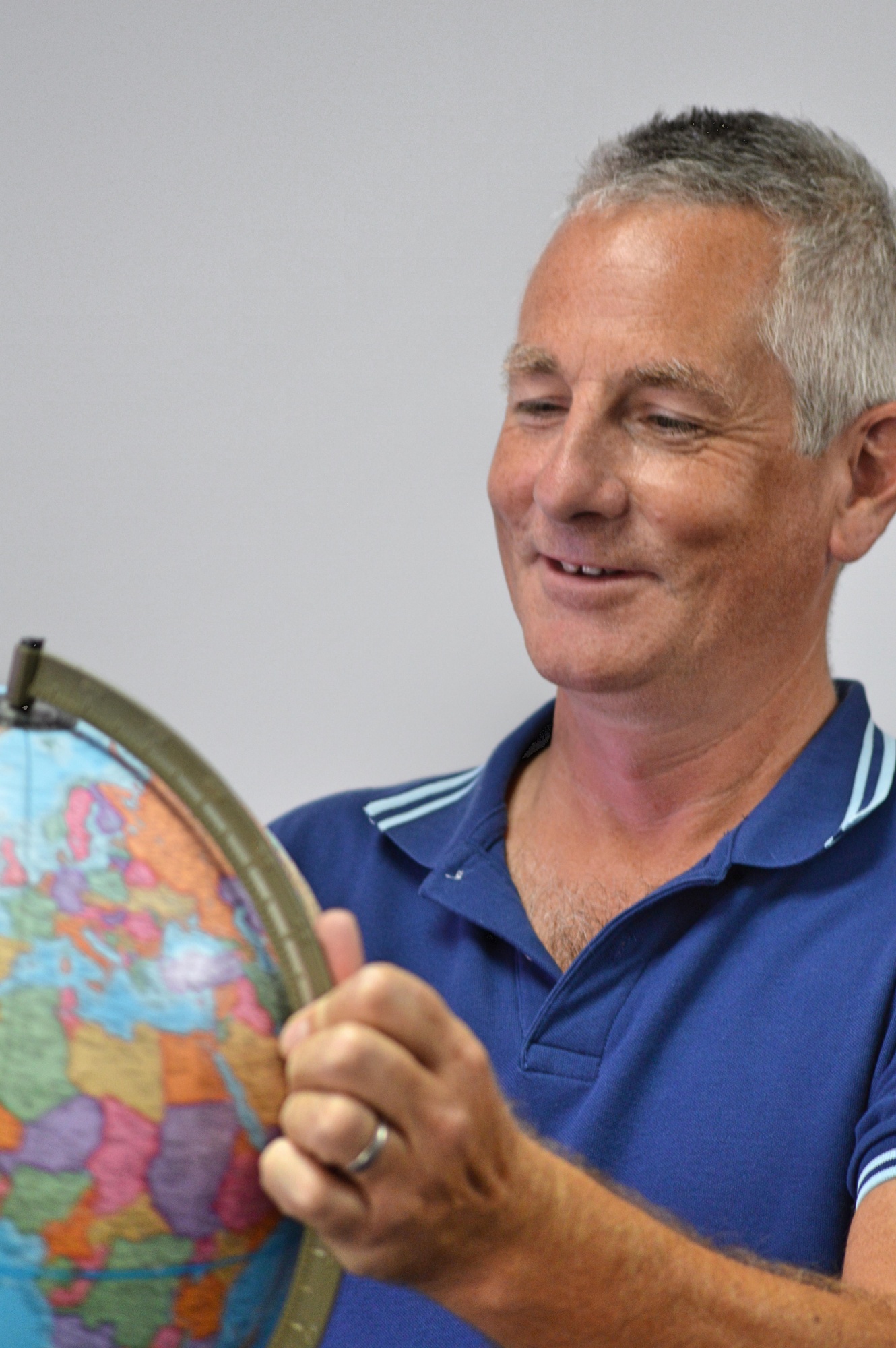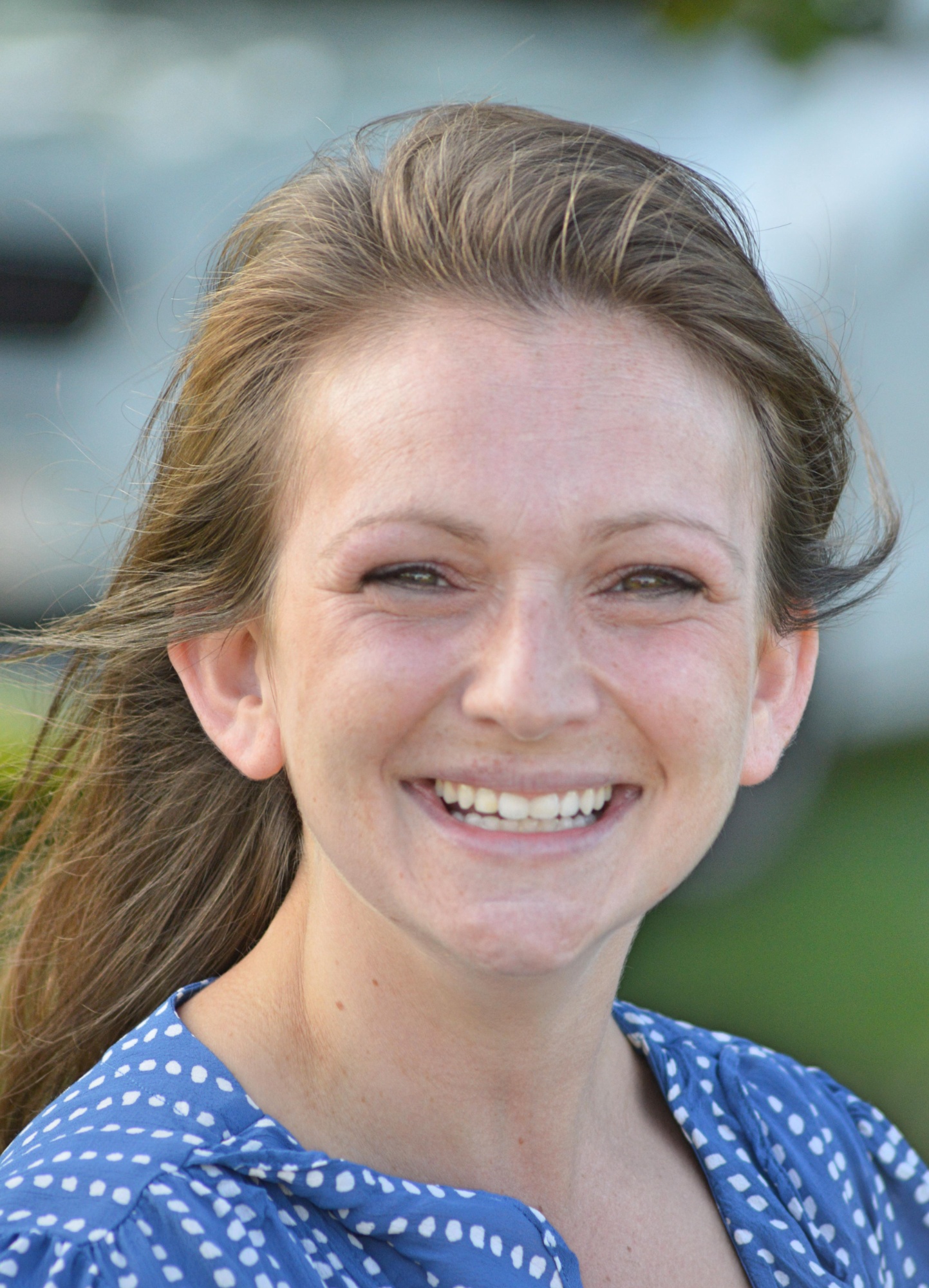History


Mr Richard Weller and Mrs Lauren Fitt are our History co-ordinators.
A high-quality history education will help pupils gain a coherent knowledge and understanding of both Britain’s past and the past of the wider world. Our teaching should inspire children to want to know more about the past. Our intention is to help children to think and to analyse evidence as historians, exploring a wide range of rich information to draw their own conclusions. Teaching should equip pupils to ask perceptive questions, think critically, weigh evidence, sift arguments and develop perspective and judgement.
Subject outcomes are designed progressively over the key stages.
Our intent is to provide our pupils with a coherent historical narrative of the British Isles from pre-history to the second world war, looking at ancient civilisations in the wider world on the way and exploring how they have influenced the development of the UK. History is rich with exciting stories and different realities. As a subject, it provides perfect opportunities for writing and creating fiction. As a consequence, history is hard-wired into our teaching of reading and writing.
The journey from stone age to modern Britain is the most exciting story imaginable. We want our children to feel excited and enthused about history, eager to find out more and to continue their conversations outside of school. Implementation
History long term plan
• Each year group will teach the areas of History identified in the school’s long term plan to ensure coverage of statutory knowledge and skills.
• The school’s History progression of skills will be used to identify the learning objectives for each year group, in line with the school’s raised expectations.
Cross-curricular learning and real world contexts.
• Wherever possible, a cross-curricular approach will be taken to the teaching of History. Lessons will often be linked to children’s learning in English.
Topic launch and land
• Each half term topic will begin with a cross-curricular launch event to engage and motivate the children. This will also act as ‘knowledge harvest’ allowing teachers to assess children’s existing knowledge and skills in order to adapt planning and ensure appropriate levels of challenge for all children.
• Each half term will end with a land event which celebrates children’s learning and progress. This will involve the children communicating their learning in some way, for example exhibitions or assemblies.
Visits, visitors and historical sources
• We give children the opportunity to visit sites of historical significance.
• We encourage visitors to come into the school and talk about their experiences of events in the past.
• We invite experts to deliver whole-day experience events for our children.
• We place an emphasis on examining historical artefacts and primary sources.
Challenge and Support for all Learners
• We understand that every learner develops differently and adapt our provision continuously to ensure every child receives the correct balance of support and challenge in order to achieve their very best. We recognise this fact and provide suitable learning opportunities for all children (including those who may be gifted and talented or have additional needs) by matching the challenge of the task to the ability of the child. Each child is valued, respected and challenged regardless of ability, race, gender, religion, social background, culture or disability.
Assessment
• We use MAPP (Mapping attainment and progress for pupils) to assess children’s progress against the expectations of our INSPIRE curriculum. We assess children against both the requirements and standards of the National Curriculum as well as our school’s own raised expectations for all children.
